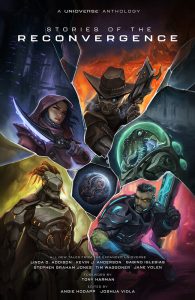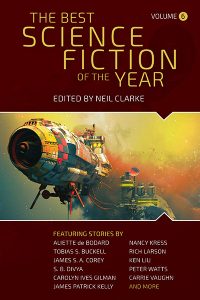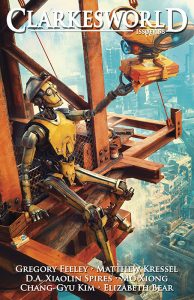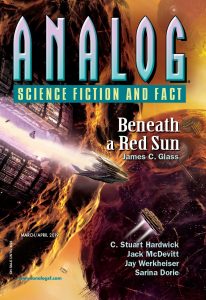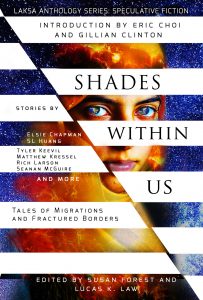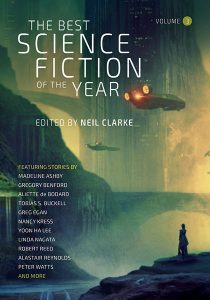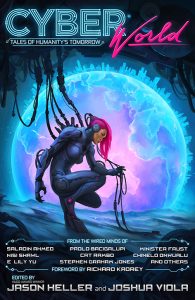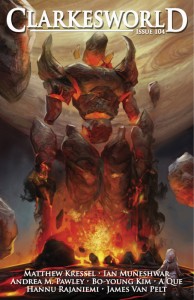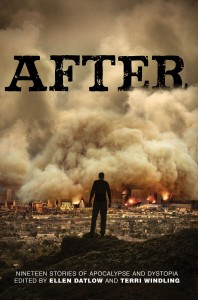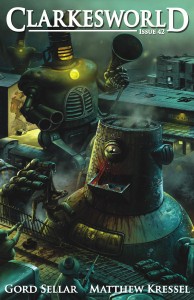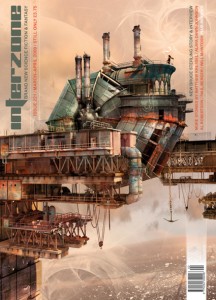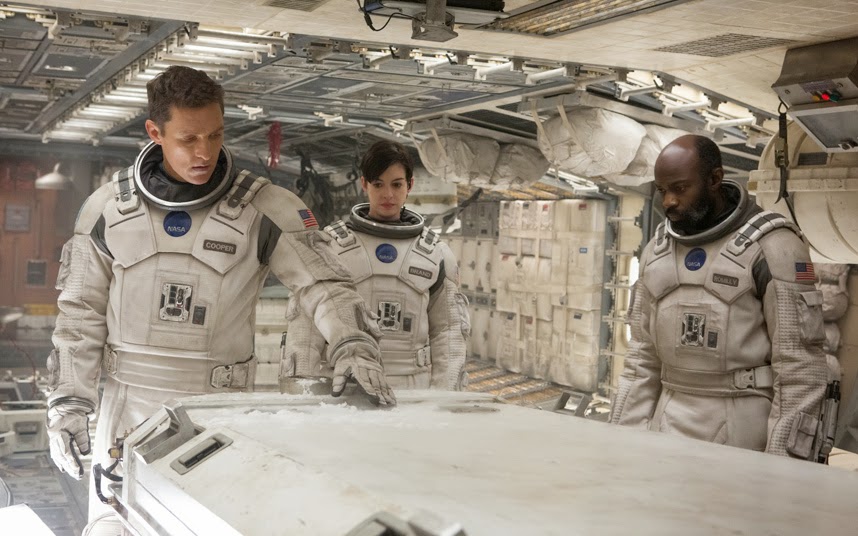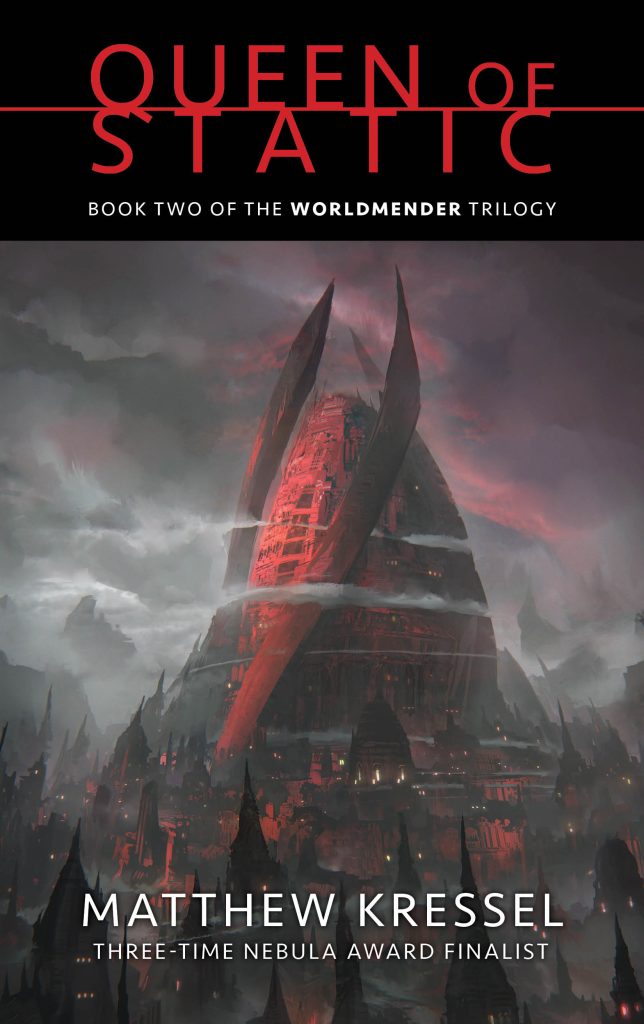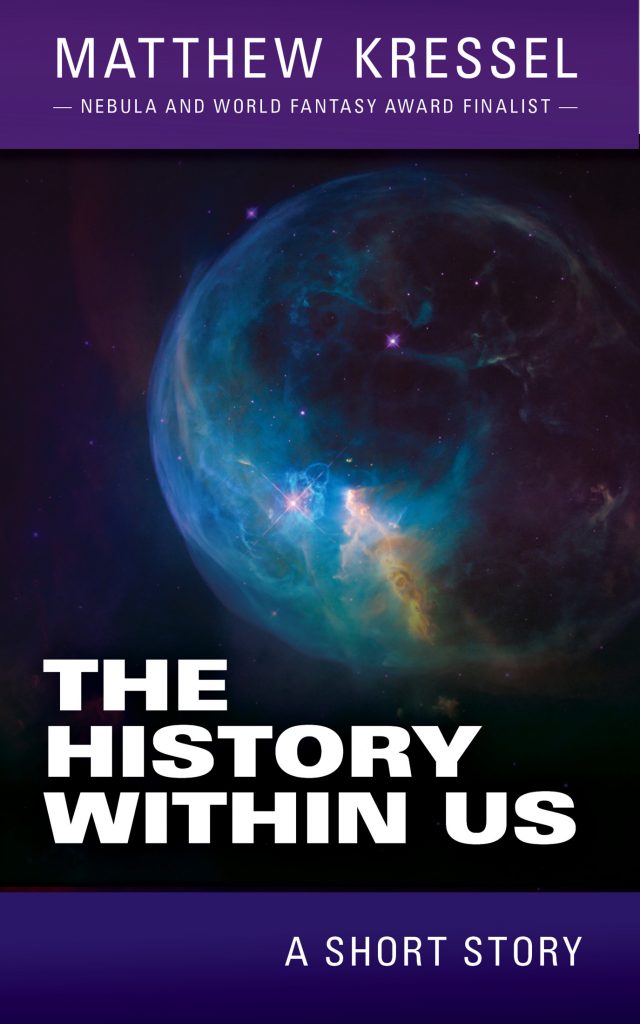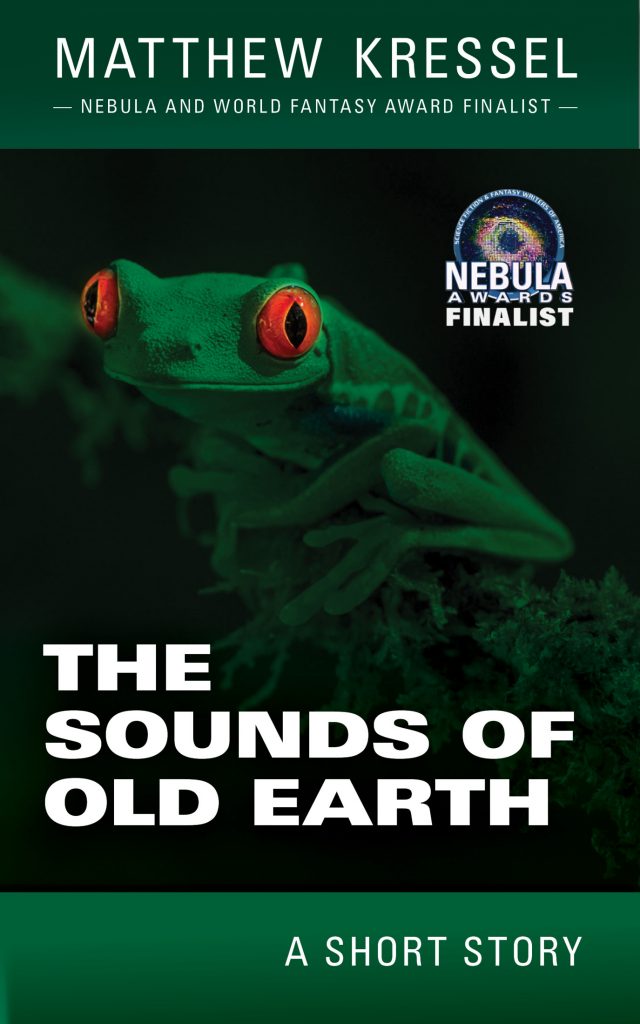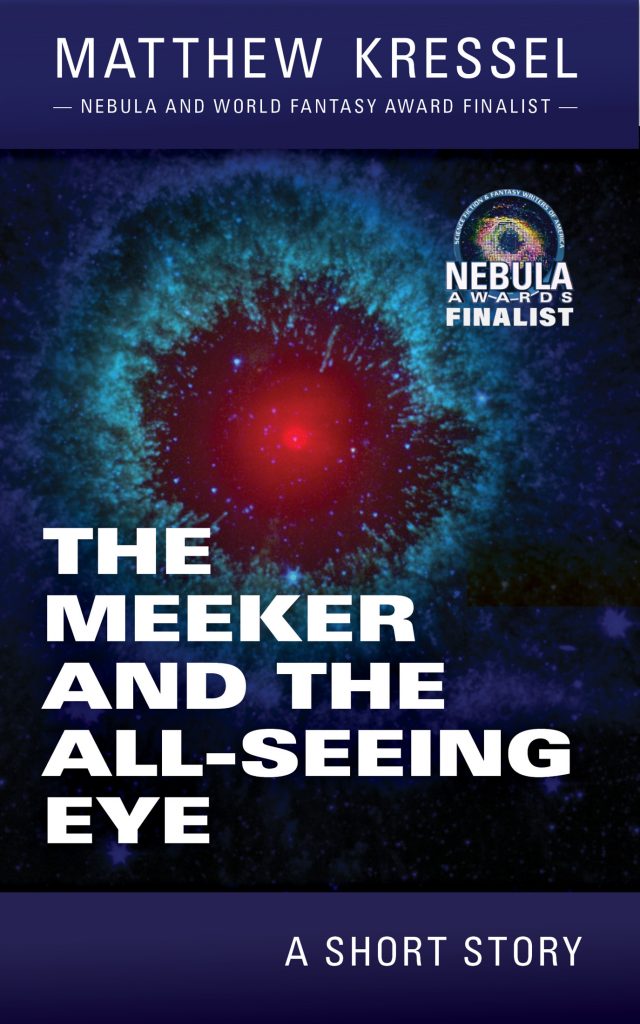I finally had a chance to see Interstellar this past weekend. Despite some glaring flaws, despite its unwarranted length, I enjoyed the movie thoroughly and found its plot to be a refreshing change from what passes for science fiction these days. Spoilers follow, so stop reading now if you don’t wish to read anymore.
I assume if you’ve scrolled this far then you’ve seen the film, so there’s no need to rehash the plot. There are also dozens of sites that either (a) praise the science in the film or (b) criticize the science, and I don’t plan on doing that again. What struck me most about this film, however, is its refreshing change of tone. Here’s a few things that stood out for me, in no particular order:
- There is a global catastrophe taking place, yet no one panics. Things don’t degenerate into Walking Dead-like anarchy. Maybe humanity is just the proverbial frog in a pot of heating water, but I respect that Christopher Nolan shows how humanity doesn’t freak out in mass hysteria, as directors depict us doing with alarming regularity, but instead humanity adjusts to the new reality. We are the most adaptable species on the planet, and Nolan showed this.
- Despite its questionable mathematics, this is the first mainstream movie, to my knowledge, that has ever shown the effects of relativistic time dilation. A few years of subjective time might be decades to those whom you love back home. Joe Haldeman showed this best in his The Forever War, but never has this been shown so well in a film.
- Astronauts behave as professionals. I am so tired of watching films where the astronauts are presented as whiny, teenagers with hormonal imbalances. With one absurd exception (did we really need the Matt Damon subplot?) the astronauts are (a) cool under pressure, (b) work well together, and (c) understand advanced science. In other words, they are trained professionals.
- The film explored an interesting idea. What if a future version of humanity has evolved so far that we don’t recognize ourselves anymore? Since 2001: A Space Odyssey, has there been a film that explored the evolution of humanity in such a profound way? The default future for science fiction films has been dystopia, militarism, feudalism, and scarcity. I greatly appreciated an alternative view, one that postulated a grand and optimistic future for us, and one so far beyond our ken that we struggle to understand it.
- The film showed visions of a future humanity that NASA has been envisioning for decades. Spinning, cylindrical space colonies. Space travel between planets. Everyday humans, not astronauts, living in space, living middle-class lives. Not under some tyrannical government, not for the elites only. A universe available to all.
- Interstellar ended with an optimistic view of humanity, one that showed future humans working together on a unified goal. Granted, that goal was an enormous one, the perpetuation of the species, but it showed that humankind is capable of moving past its current rut of short-term thinking. To colonize and terraform those planets will take centuries. The current generation will die before the results of their efforts will be seen. And yet, the humans are shown working as hard as ever. They feel they are part of something greater than themselves, and that is a superior motivation.
Interstellar is not a perfect film. It could use a good haircut, shaving off 40 minutes or more. I didn’t need the endless info-dumping and sixth-grade science lessons. There are better and more subtle ways to explain to the audience what we are witnessing. Yet still I believe Interstellar is one of the best science fiction films made in the past decade.
Consider this: The blight that ravages the Earth in Interstellar is humanity’s pessimistic nihilism. It slowly eats away at the planet, destroying everything we hold dear, despite the best attempts of the intelligentsia to stop it. Director Christopher Nolan posits another way. A bigger and brighter way that will take heaps of imagination and will power and action to bring about. But another future — one that is not bleak and dystopian, but full of promise — this future is possible for us.
Cooper never considers not going into space. He never once pauses and considers staying home, even though he knows it will mean leaving his loved ones behind. It’s only the viewer that doubts. Nolan is cleverly pointing out the limits we put on ourselves without realizing it. Just as Cooper has to go into space, so shall humankind.
Remember this: the blight didn’t travel with them into space.
